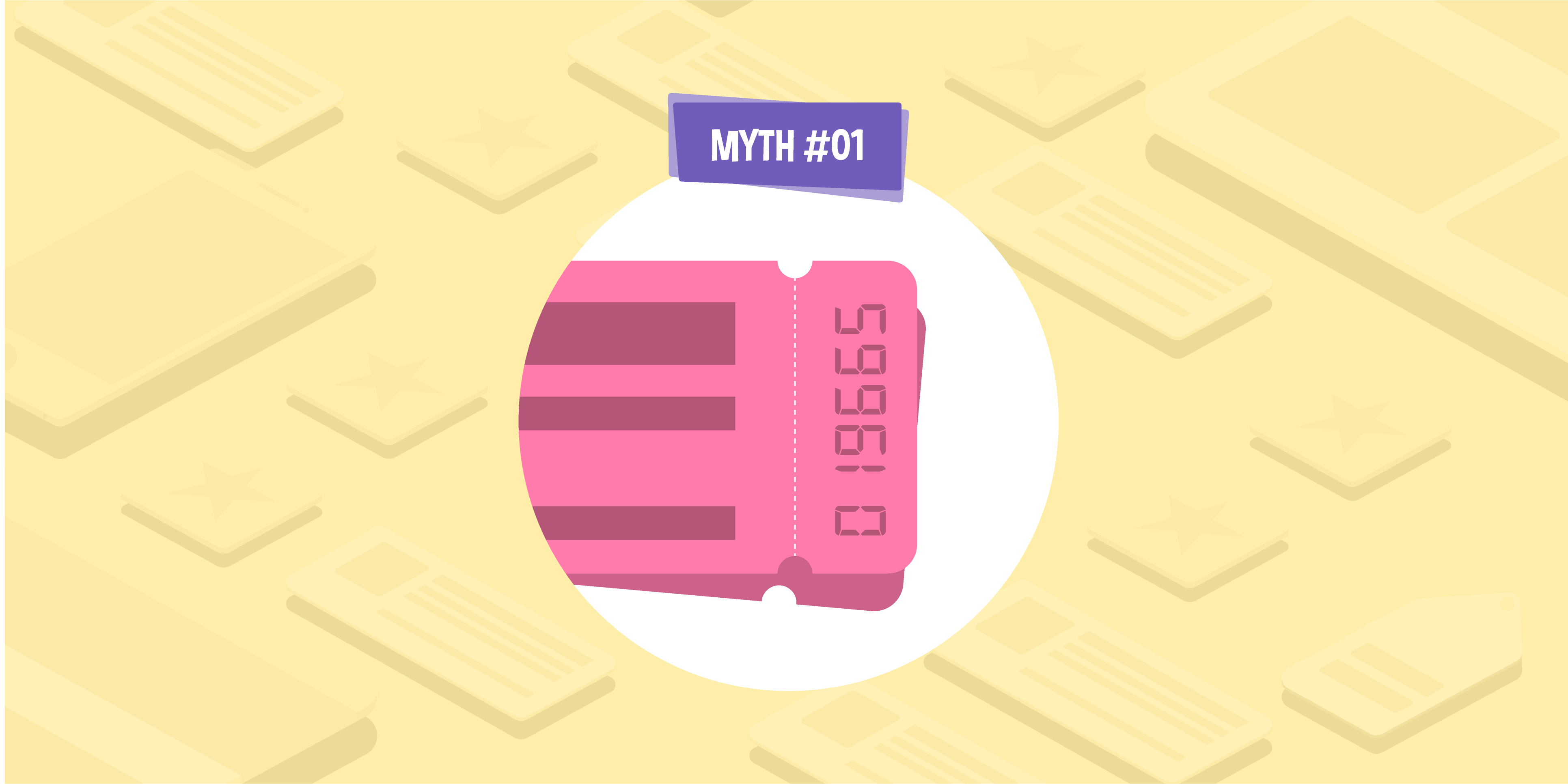
- 24 Nov 2015
- 3 Min read
The benefits of long-form content
A few years ago, it was thought that smartphones would be the death of long-form content. After all, who would want to scroll through a 5,000-word article on their phone? This assumption led many to believe that mobile users were only interested in short and snappy content they could digest on the move.
But are these assumptions true? According to Pandu Nayak, a technical staff member at Google and creator of the Panda algorithm update, perhaps not. In a Webmaster Central blog post from 2013, he said: “Users often turn to Google to answer a quick question, but research suggests that up to 10% of users’ daily information needs involve learning about a broad topic. That’s why today we’re introducing new search results to help users find in-depth articles.” This was a big hint that long-form content could be extremely beneficial to your search performance.
More recently, the importance of long-form content was supported by a study from SerpIQ. The study looked at 20,000 keywords and showed that the average length of content for each of the top ten results was more than 2,000 words. The average number of words for the content in the top spot was 2,416, whereas the content ranked tenth had an average of 2,032 words. This suggests that the longer your content is, the more it is valued by Google.
Interestingly, research shows long-form content also performs well on social media. A study by Quicksprout found that on average, posts with more than 1,500 words receive 68.1% more tweets and 22.6% more Facebook likes than posts with less than 1,500 words.
However, long-form content isn’t a silver bullet. While it has been shown to rank higher than short-form content, this only matters if it’s well-written, informative, and entertaining. Plus, it’s important to carefully plan your long-form content. Do your research and make sure you’re writing about things people are searching for, as you don’t want to spend your time writing comprehensive articles that no one is interested in reading.
Lastly, make sure you test whether long-form content is best for your site. For example, Seth Godin runs one of the most popular marketing blogs on the internet, and his posts rarely exceed 500 words. This is because although content detail is important, Google will always consider quality as a ranking factor as well. So if you do choose long-form content, make sure you include helpful insights throughout, rather than just watering down what could have been said in a fraction of the overall word count.
However, there is no denying that long-form content is a great way of establishing yourself as an authority. If you publish high quality content that is more comprehensive, informative, or entertaining than any other content on the same subject, people will view you as the go-to resource in your field.
Done well, long-form content can increase the likelihood of social engagement, build better brand awareness, and improve your overall search performance. So remember to plan and research your long-form content properly to ensure that your content is not only well-informed, but it is also something people will want to read and share online.
For more information about how you could benefit from long-form content, get in touch with our copywriting team to see how we can help.


